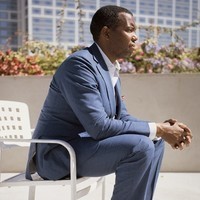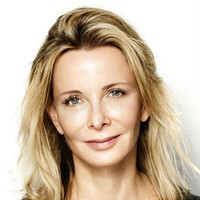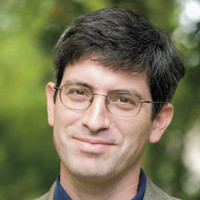
Reporting
The Trials of White Boy Rick
The story of Rick Wershe, an infamous teenage drug dealer in 1980s Detroit who flew in kilos of cocaine and was arrested at 17. Still incarcerated, Wershe now claims he was working with the FBI all along. Was one of Detroit’s most notorious criminals also one of the feds’ most valuable informants?
Evan Hughes The Atavist 1h15min
The Truth About Chicago's Crime Rates
The city’s drop in crime has been nothing short of miraculous. A year-long investigation into the numbers.
Inside the Iron Closet
What it’s like to be gay in Putin’s Russia.
Jeff Sharlet GQ 30min
The Hunt for El Chapo
How the world’s most notorious drug lord was captured.
No One Walks Off the Island
Two years ago, Yasiel Puig fled Cuba in the hands of black-market smugglers. This is the story of how the cost of the defection journey - in money and human lives - shadows him still.
Scott Eden ESPN the Magazine 10min
The Ghosts of Rana Plaza
In Bangladesh, one year after the worst accident in the history of the garment industry, recovery remains a fragile process, justice seems elusive, and reform has a long way to go.
Jason Motlagh VQR 45min
The Explosive, Inside Story of How John Kerry Built an Israel-Palestine Peace Plan—and Watched It Crumble
“You Palestinians can never see the fucking big picture.”








